Road to hell: a new book by Brian Griffin reveals Poland’s dark rail networks
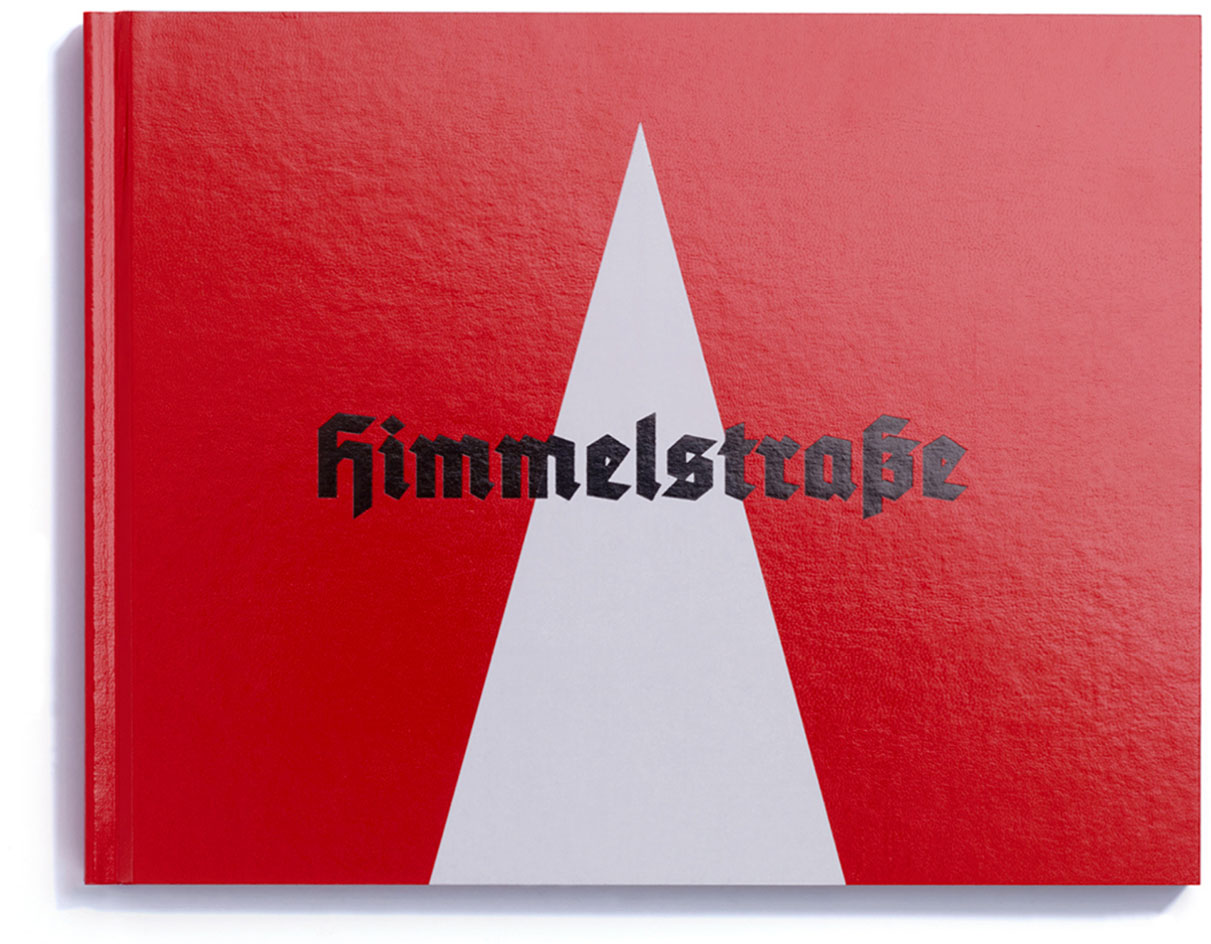
Receive our daily digest of inspiration, escapism and design stories from around the world direct to your inbox.
You are now subscribed
Your newsletter sign-up was successful
Want to add more newsletters?

Daily (Mon-Sun)
Daily Digest
Sign up for global news and reviews, a Wallpaper* take on architecture, design, art & culture, fashion & beauty, travel, tech, watches & jewellery and more.

Monthly, coming soon
The Rundown
A design-minded take on the world of style from Wallpaper* fashion features editor Jack Moss, from global runway shows to insider news and emerging trends.

Monthly, coming soon
The Design File
A closer look at the people and places shaping design, from inspiring interiors to exceptional products, in an expert edit by Wallpaper* global design director Hugo Macdonald.
The aesthetics of genocide are a troubling landscape for the artist to travel through. Brian Griffin has worked as a photographer for over four decades and his new book, Himmelstrasse, is a stark collection of landscapes with a dark subject at their core. 'It's interesting how things happen,' Griffin says of the project's origins, 'I had an exhibition in Łódź in Poland, and I had to get a train there several times. On the way, I looked out of the window of the compartment and became fascinated by the Polish railway system – they just put lines wherever they were needed in very densely forested country.' Griffin originally planned a book depicting these isolated networks, but soon realised there was a far, far darker history to tell.
Himmelstrasse presents starkly beautiful views of some of the bleakest journeys ever undertaken. These are the rail lines that fed the Nazi concentration camp system, the infrastructure of industrialised genocide that linked the camps of Belzec, Chełmno, Sobibór, Stutthof and Treblinka. 'You never see these places,' Griffin says of the tree-bordered corridors, some of which are still in use, some of which are long overgrown. To this end, Himmelstrasse is intentionally bleak. 'Most photographic books are, you know, very, very nice,' he says, stressing the project's conceptual nature, resulting in a tome 'that's intentionally quite boring'.
Griffin might be underplaying it, but the book is certainly relentless, simply depicting railway lines stretching away to the horizon, beyond which lies a final destination whose horrors continue to haunt us. Even the title, Himmelstrasse, refers to the Nazi's bleakly ironic title for the path to the Sobibór gas chambers, the 'road to heaven'. Given such a context, art and design can do little but just register and record. 'I've tried to surrender my own photographic abilities to the book,' Griffin says, 'I'm usually employed to make people and places interesting. As I walked around these forests I planned it all out, page after page of lines going into the distance.'
The black and white (shot on film stock) and colour imagery (digital) is bound between cover and endpapers rendered in vivid Nazi red. 'The project was a collaboration with Brian from the beginning,' says Aaron Easterbrook of the publishers Browns Editions, the imprint set up by the artist Jonathan Ellery in 2005. 'The book is a conceptual piece, not an archival one, and this horrible Nazi 'joke' lent us the graphic approach – if it was a colour it would have to be hard red,' he explains. The harsh familiarity of the thick black Tannenberg font, the juxtaposition of red and white... the association between cover and content is explicit and unflinching. Easterbrook emphasises the way Himmelstrasse bludgeons rather than cossets and demands to be engaged with and not ignored. This book functions as one memorial amongst many, yet each is vitally important to keep these memories at the forefront of our consciousness.
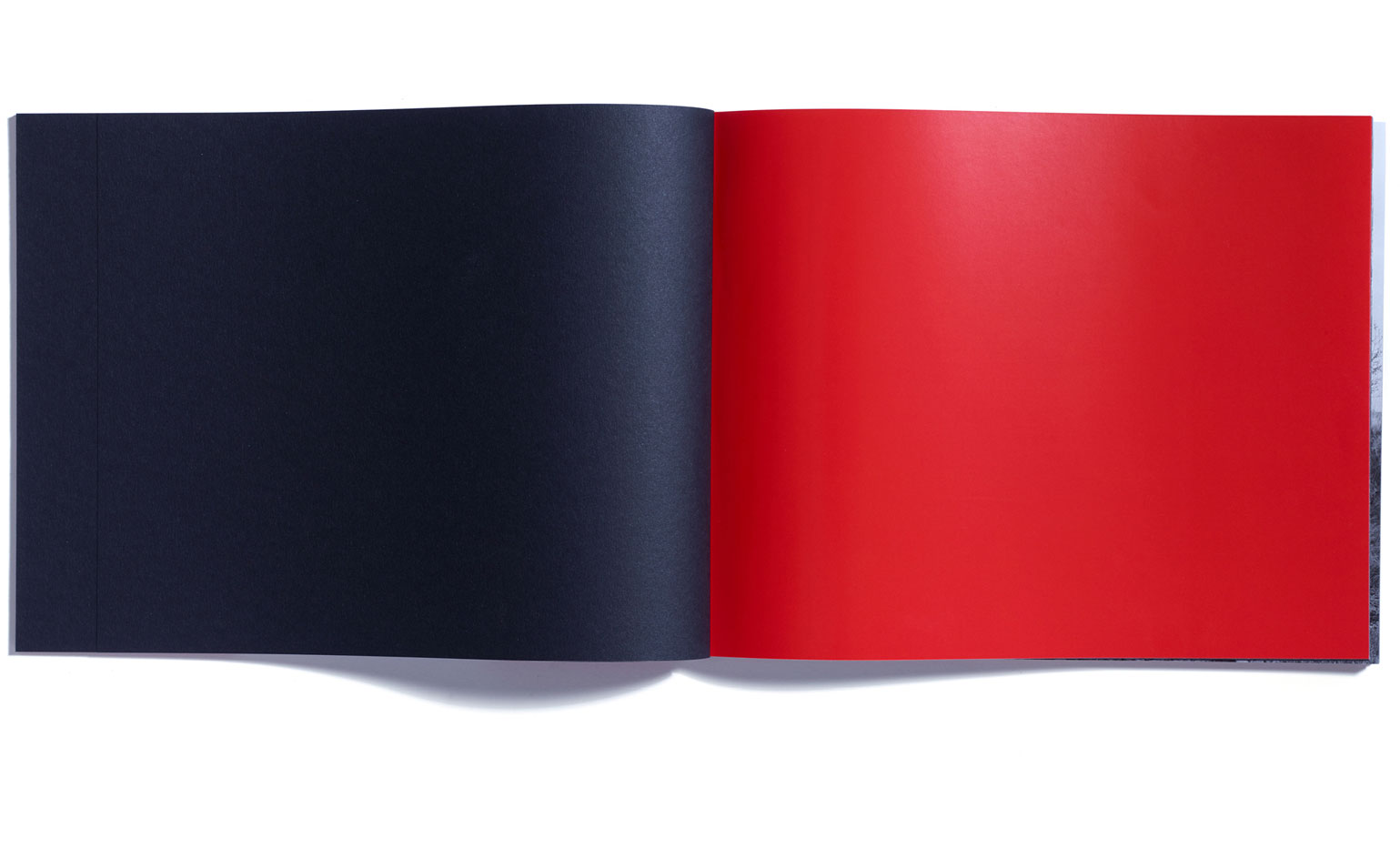
'The book is a conceptual piece, not an archival one, and this horrible Nazi 'joke' lent us the graphic approach,' explains Aaron Easterbrook of the publishers Browns Editions. The publication's use of the Tannenberg font and hard red are instantly synonymous with the regime
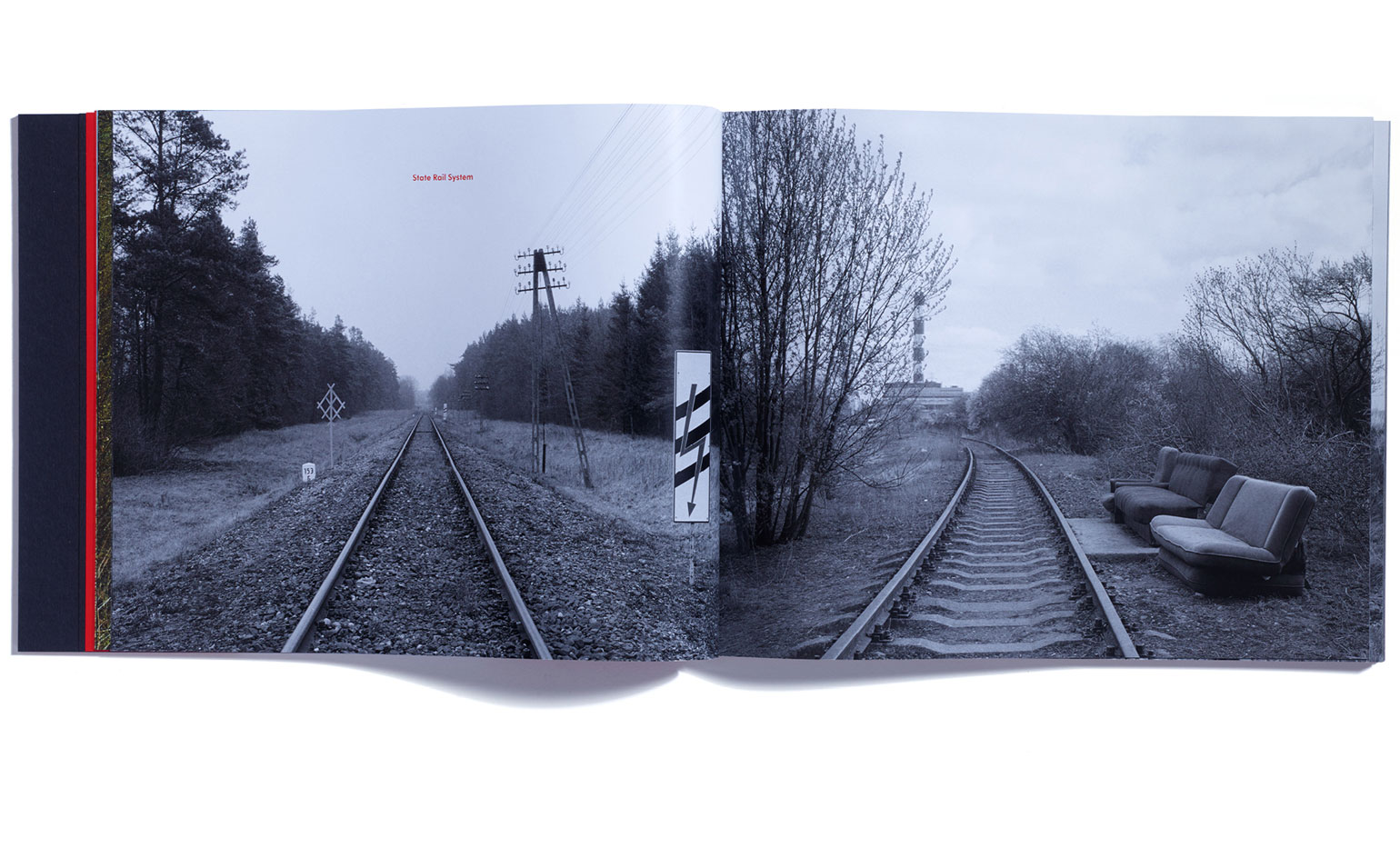
The book's photography covers the infrastructure of industrialised genocide that linked the camps of Belzec, Chełmno, Sobibór, Stutthof and Treblinka
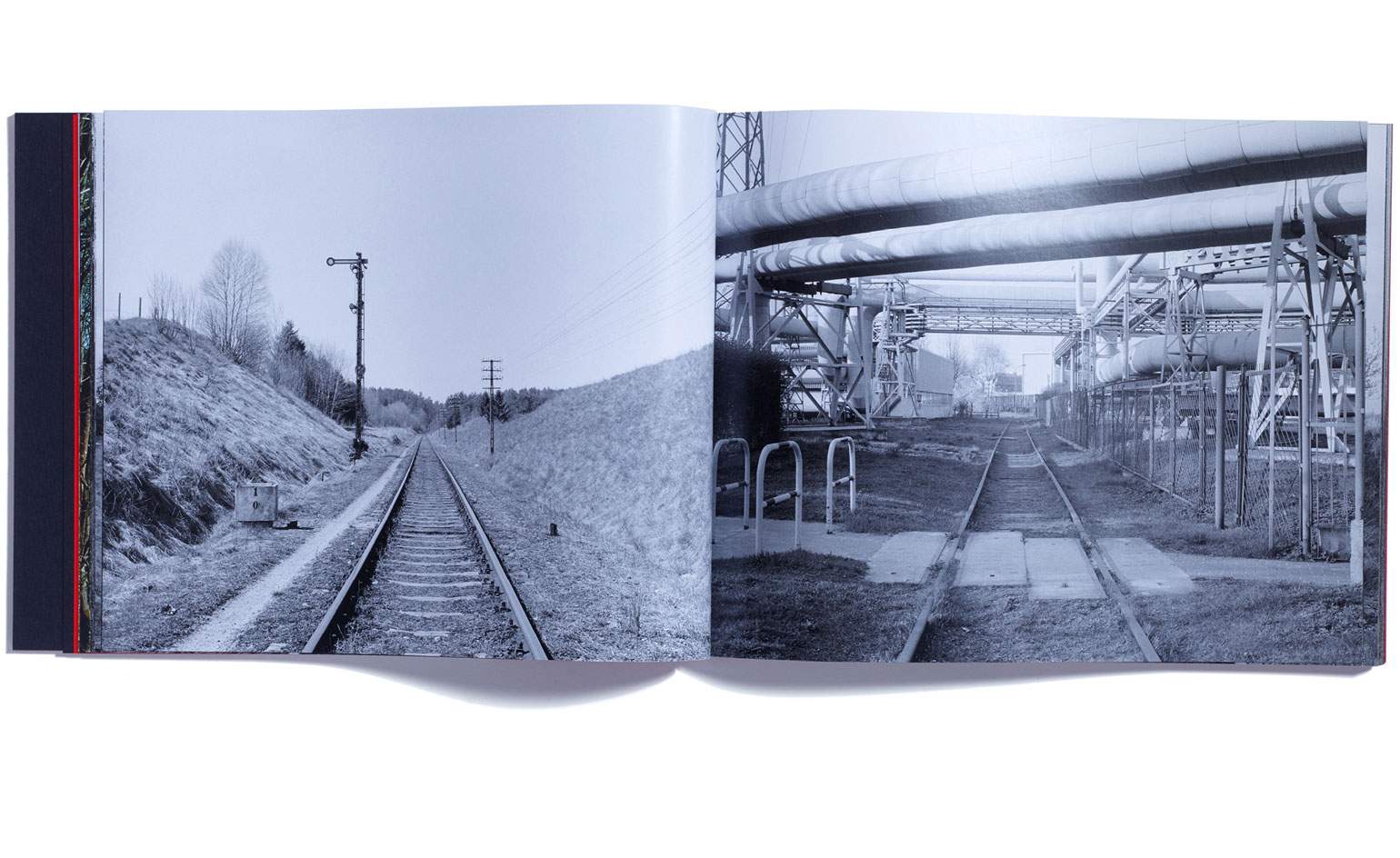
'Most photographic books are, you know, very, very nice,' says Griffin, stressing the project's conceptual nature, resulting in 'a book that's intentionally quite boring'
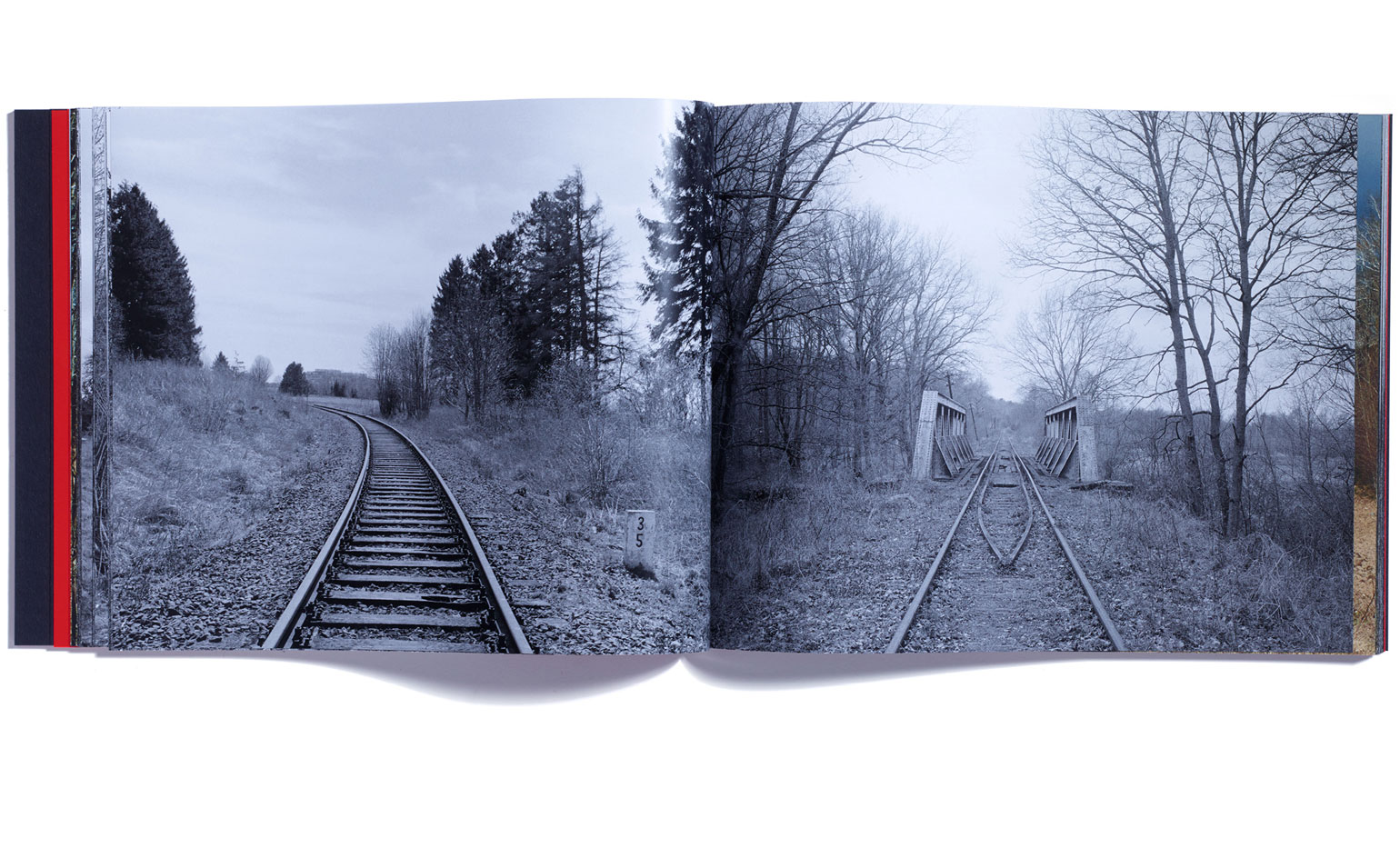
He might be underplaying it, but the publication is relentless, simply depicting railway lines stretching away to the horizon, beyond which lies a final destination that continues to haunt us
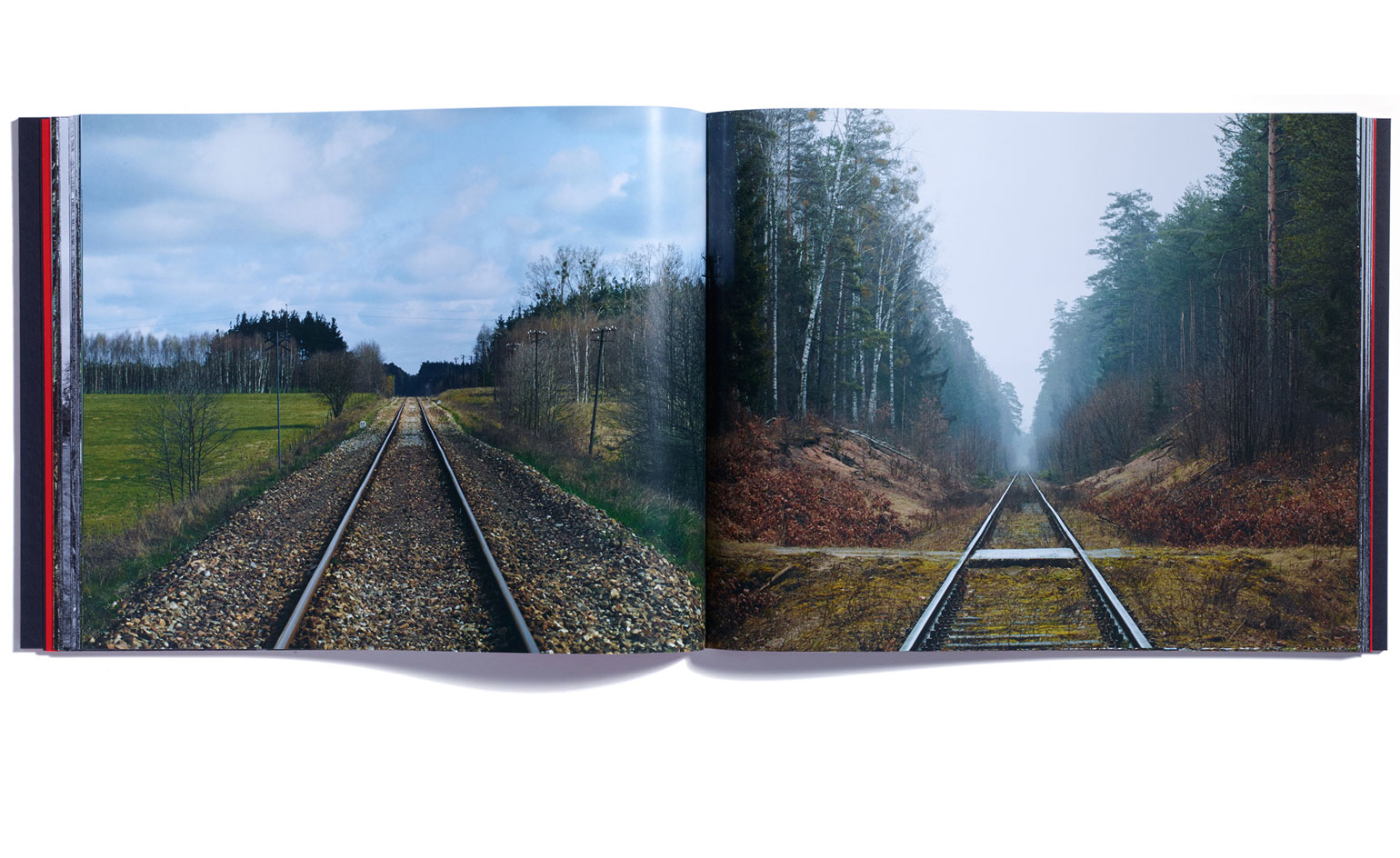
The book's black and white imagery was shot on film stock, the colour photography taken digitally
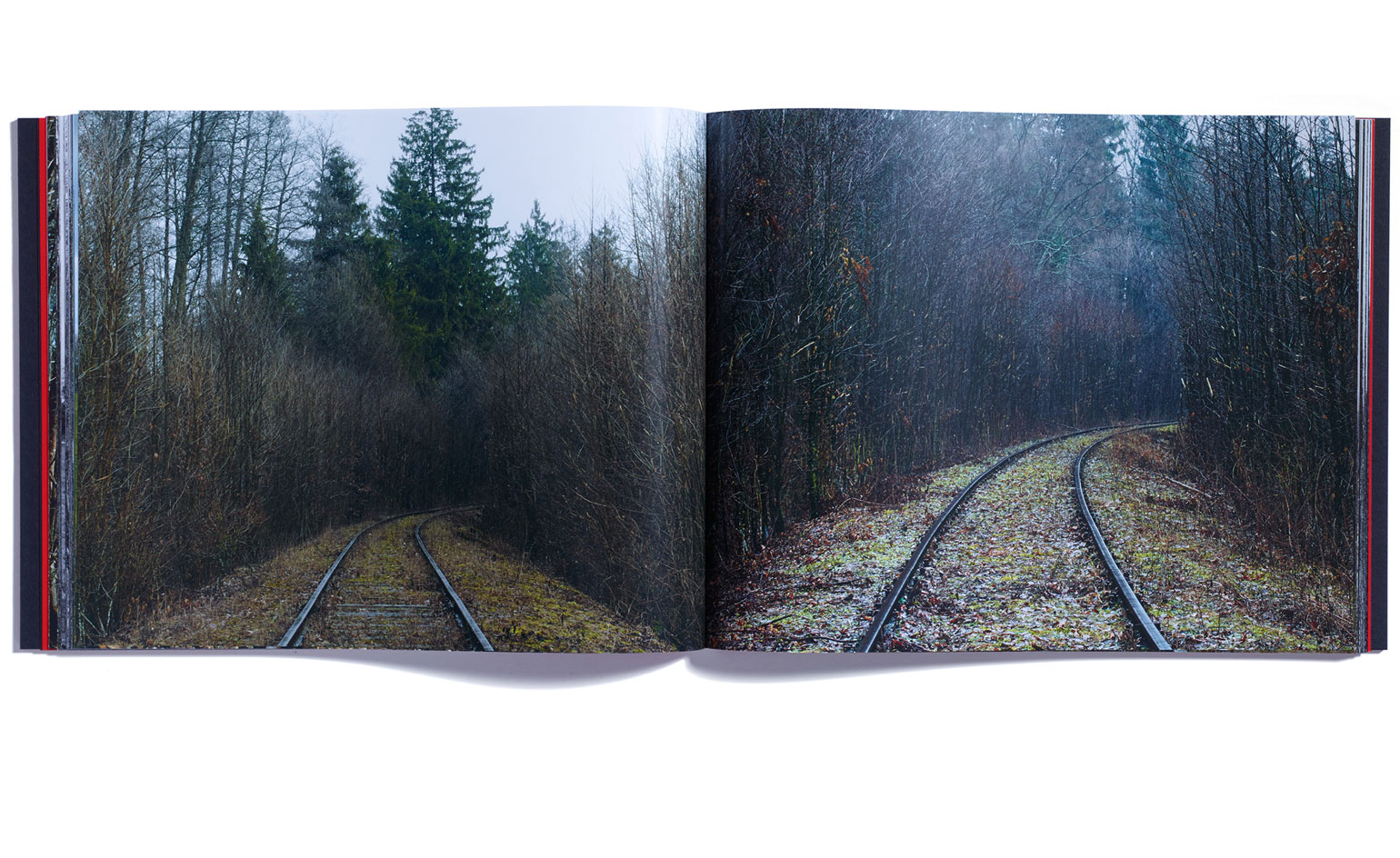
Himmelstrasse refers to the Nazi's bleakly ironic title for the path to the Sobibór gas chambers, the 'road to heaven'
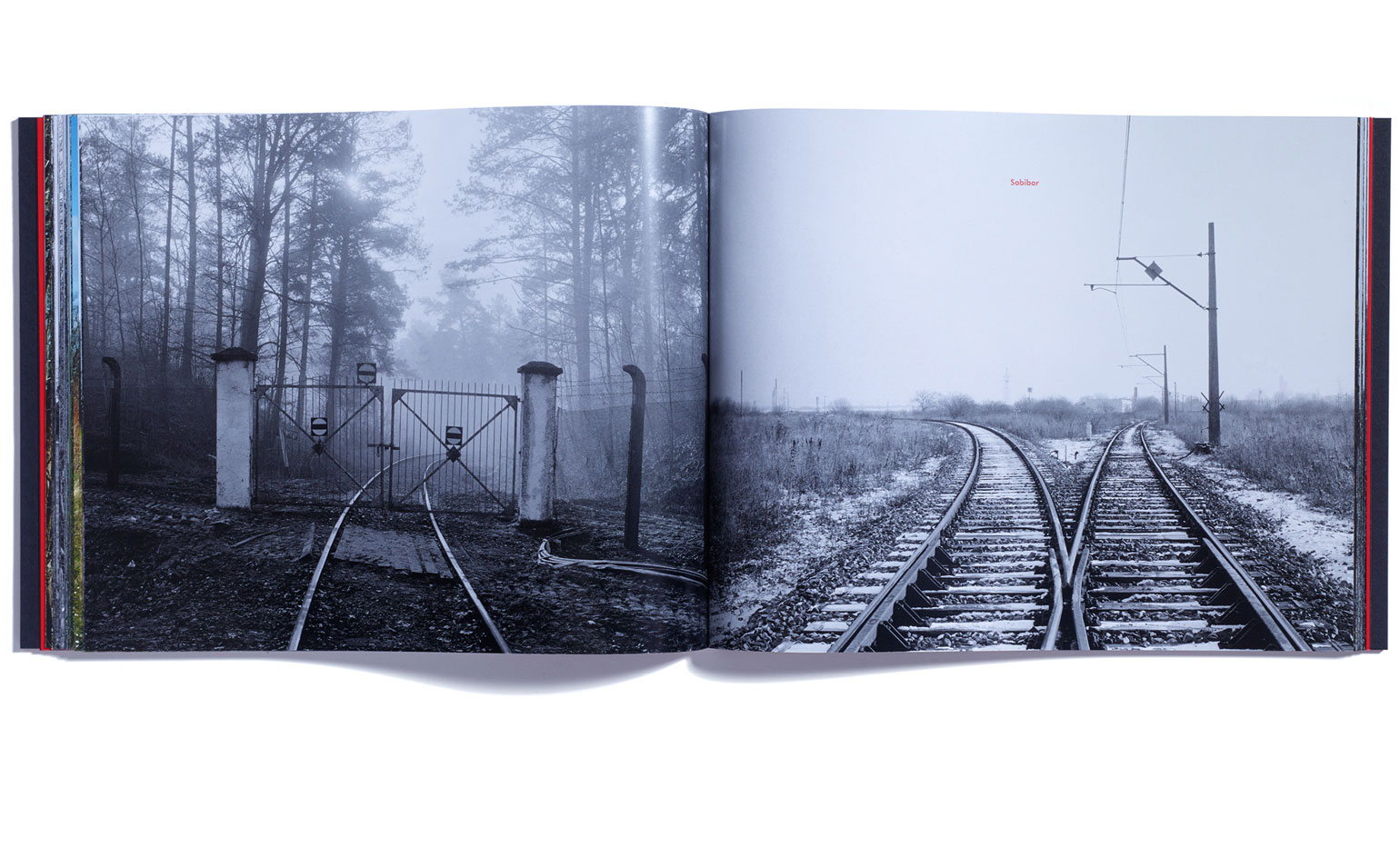
Griffin originally planned a more general book depicting Poland's isolated rail lines, but soon realised there was a far, far darker history to tell
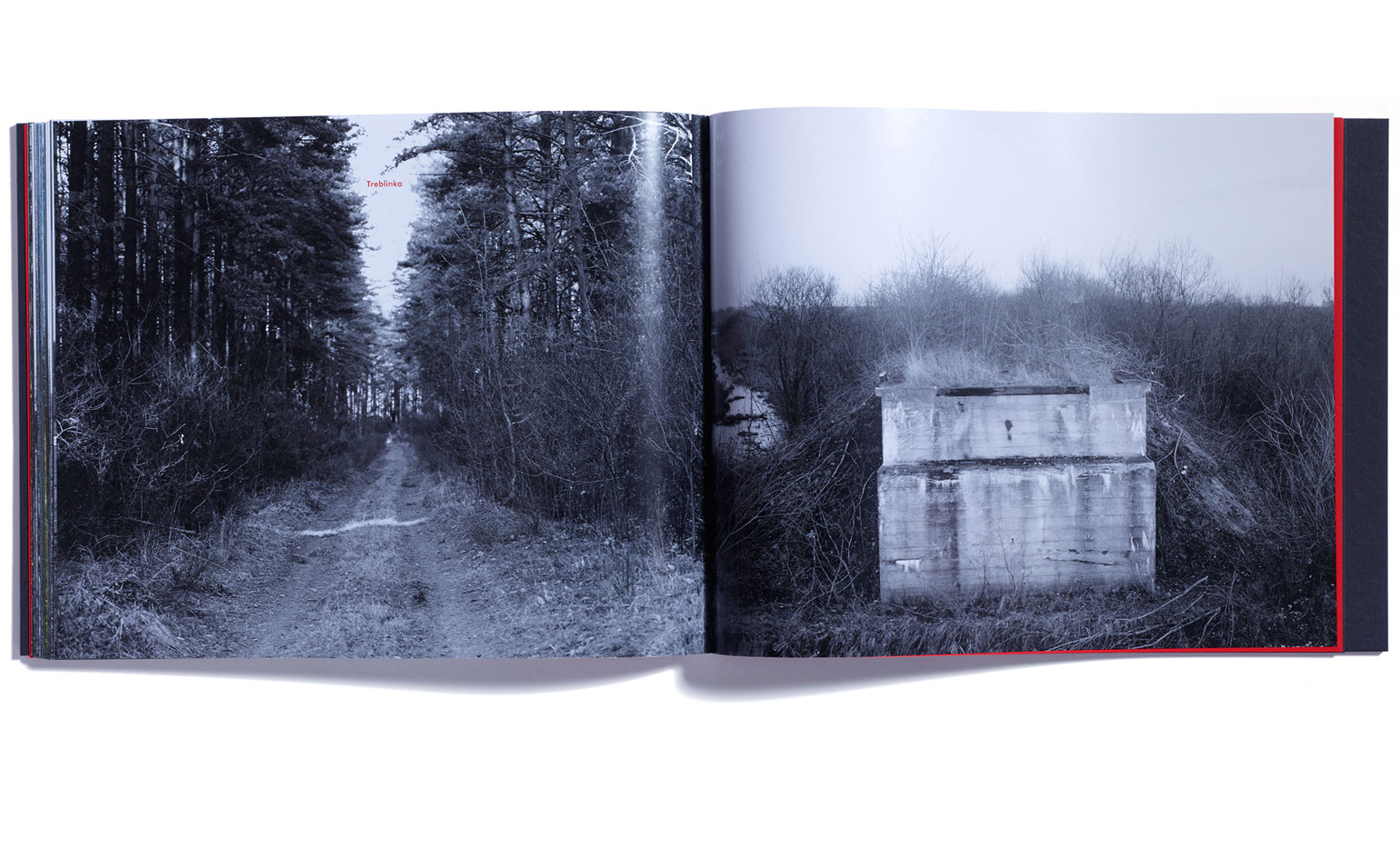
This book is one memorial amongst many – each is vitally important to keep these events at the forefront of our consciousness
Receive our daily digest of inspiration, escapism and design stories from around the world direct to your inbox.
Jonathan Bell has written for Wallpaper* magazine since 1999, covering everything from architecture and transport design to books, tech and graphic design. He is now the magazine’s Transport and Technology Editor. Jonathan has written and edited 15 books, including Concept Car Design, 21st Century House, and The New Modern House. He is also the host of Wallpaper’s first podcast.